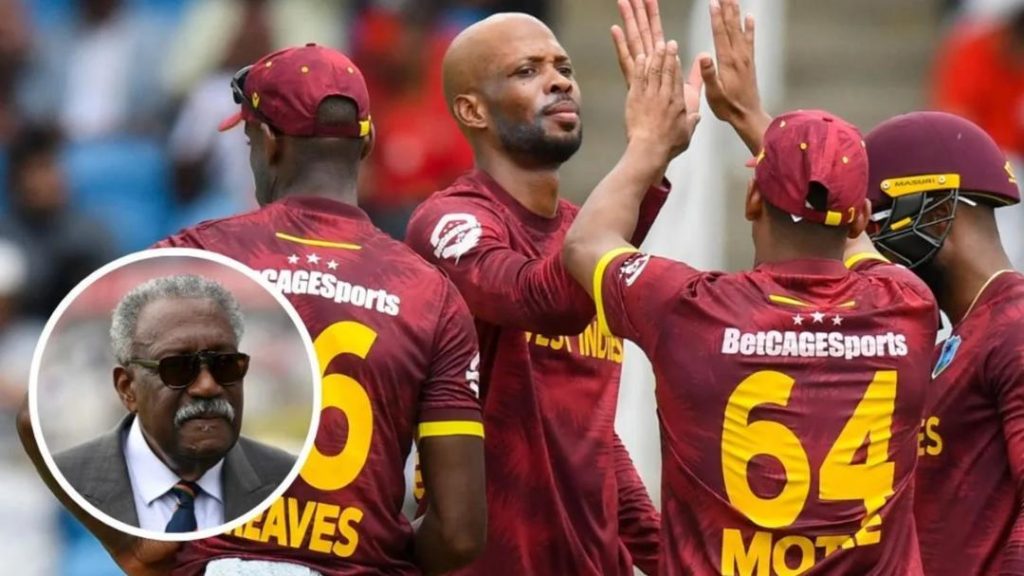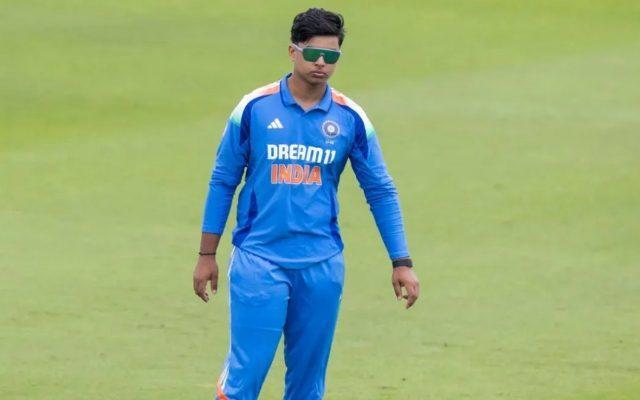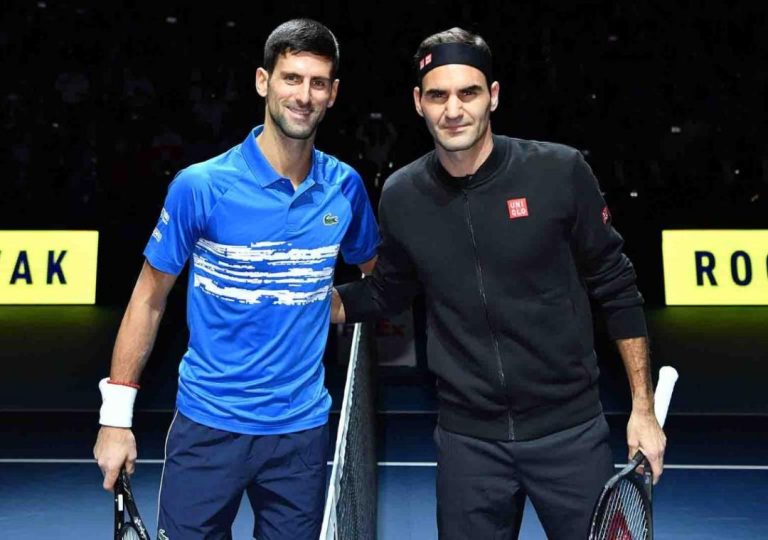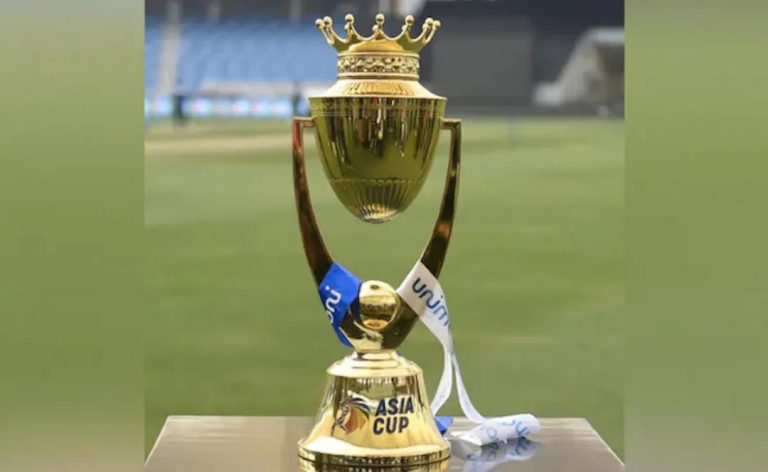
Lloyd, Lara seek greater ICC shareout after emergency CWI meet
In a recent emergency meeting of the Cricket West Indies (CWI), two of the most legendary figures in West Indies cricket, Clive Lloyd and Brian Lara, have urged the International Cricket Council (ICC) to reconsider its financial model and provide a more equitable share of its revenue to member boards. The meeting was called to discuss the financial struggles faced by the CWI, which has been plagued by debt and financial uncertainty in recent years.
Lloyd, a former West Indies captain and one of the most successful captains in the history of the game, emphasized the need for the ICC to rethink its financial model. “We need to get a better share of the pie, because we were the cash cows for a long time,” he said. “We need to be treated fairly and have a bigger say in the decision-making process.”
Lara, another West Indies legend and one of the greatest batsmen of all time, echoed Lloyd’s sentiments. “What motivates youngsters today? It might not be just representing West Indies 365 days of the year,” he noted. “We need to make sure that we have the resources to compete at the highest level and attract the best talent.”
The meeting was called in response to the CWI’s financial struggles, which have been exacerbated by the COVID-19 pandemic. The board has been facing debt and financial uncertainty, which has made it difficult to compete with other cricket boards. The ICC’s current revenue sharing model, which distributes 80% of its revenue to the top six Test-playing nations, has been criticized by some as being unfair to smaller boards like the CWI.
The CWI has been seeking a more equitable share of the ICC’s revenue, but has been met with resistance from the larger boards. The ICC has argued that the current model is designed to incentivize teams to perform well and attract fans, but critics argue that it unfairly discriminates against smaller boards that may not have the same level of resources.
The meeting was attended by several other West Indies legends, including Gordon Greenidge, Malcolm Marshall, and Vivian Richards. All of the attendees emphasized the need for the ICC to take a more holistic approach to its financial model and to recognize the value that smaller boards bring to the game.
The CWI has been working to improve its financial situation, and has made significant progress in recent years. However, the board still faces significant challenges, and will need to continue to work hard to attract funding and support.
The ICC has been criticized for its handling of the financial crisis in West Indies cricket, and has been accused of prioritizing the interests of the larger boards over those of smaller boards like the CWI. The meeting was seen as a major victory for the CWI, and a significant step towards achieving greater financial fairness in international cricket.
In conclusion, the recent emergency meeting of the CWI has highlighted the need for the ICC to rethink its financial model and provide a more equitable share of its revenue to member boards. The CWI has been seeking greater financial transparency and accountability from the ICC, and the meeting was seen as a major step towards achieving these goals.






